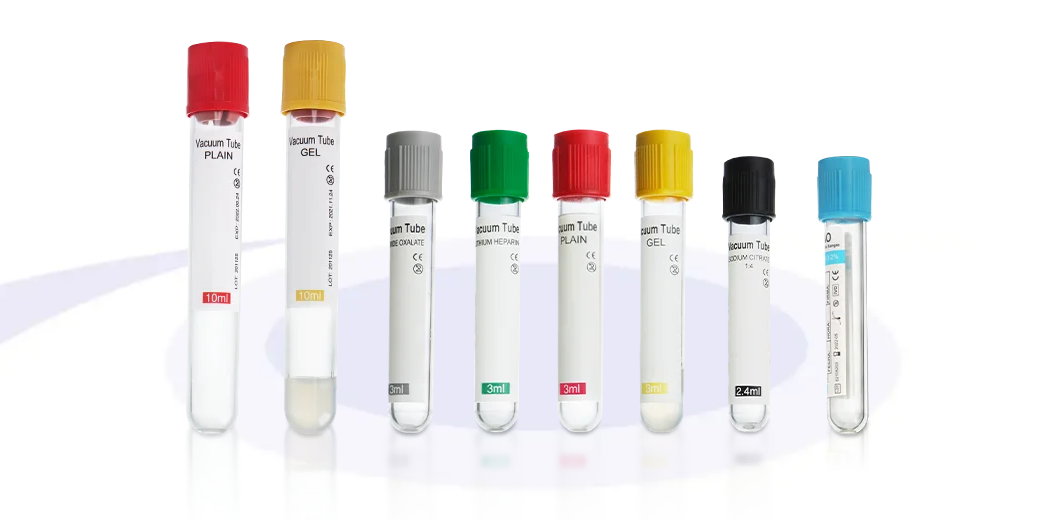In the realm of diagnostic testing, blood collection tubes play a crucial role in ensuring accurate and reliable results. Each type of blood collection tube is designed for specific testing purposes, making understanding their differences essential for healthcare professionals. This article explores the seven primary blood collection tubes used in medical practices today.
The Seven Types of Blood Collection Tubes
EDTA Tube
The EDTA tube is primarily used for hematological tests, as it contains ethylenediaminetetraacetic acid (EDTA), an anticoagulant that prevents blood clotting. This tube is vital for complete blood counts and blood smears, ensuring that cellular components remain intact for analysis.
Plain Tube
The plain tube, often referred to as a serum tube, is used for tests requiring serum analysis. Without any additives, this tube allows blood to clot naturally, facilitating the separation of serum for various biochemical tests.
GEL Tube
The GEL tube features a gel separator that forms a barrier between serum and cellular components after centrifugation. This design is particularly useful for tests that require serum, as it simplifies the sample handling process and minimizes contamination.
Fluoride Tube
The fluoride tube is designed for glucose testing and contains sodium fluoride, which inhibits glycolysis. This is crucial for accurate glucose measurement in patients, as it preserves the glucose levels in the sample until testing occurs.
Plasma Tube
Plasma tubes contain anticoagulants such as heparin, allowing for the collection of plasma without clotting. These tubes are essential for tests that require plasma analysis, including various biochemical assays.
PT Tube
The PT (Prothrombin Time) tube is used specifically for coagulation studies. It typically contains sodium citrate as an anticoagulant, which is vital for evaluating blood clotting times and diagnosing clotting disorders.
ESR Tube
The ESR (Erythrocyte Sedimentation Rate) tube is used for inflammation testing. This tube often contains sodium citrate and is essential for determining the rate at which red blood cells settle in plasma, aiding in the diagnosis of inflammatory conditions.
The Importance of Choosing the Right Blood Collection Tube
Understanding the different blood collection tubes is essential for healthcare providers to ensure accurate diagnostic results. Each type of blood collection tube serves a specific purpose, and using the correct one is critical for effective patient care. Companies like WEGO Medical are dedicated to producing high-quality blood collection tubes that enhance efficiency and ensure accuracy in diagnostic testing. By selecting the appropriate blood collection tube, healthcare professionals can significantly improve the reliability of their laboratory results.


